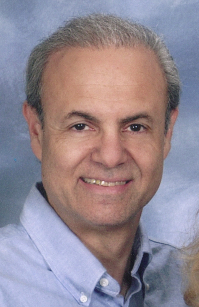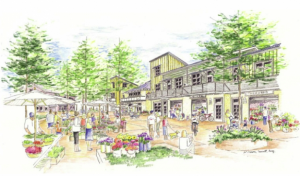A paper entitled “Global 4C: World Monetary Union for Climate Change Mitigation,” by Delton B. Chen, Jonathan Cloud, Joel van der Beek, has been posted to the site of the 2015 Earth Systems Governance in Canberra, Australia, December 14-16. Focusing on the potential for using an innovative method of financing carbon mitigation and sequestration, the paper examines the basis for addressing economically the multiple challenges facing the planet, and the underlying causes of the failure of markets to incorporate the “externalities” that are now beginning to harm all of us.
As the paper notes at the outset,
“The future viability of our civilization is in serious doubt because of Anthropogenic Global Warming (AGW) [3][5][6], chronic degradation of ecosystems [9][30][45], and risk of nuclear war [64]. These harms and risks are related to unchecked economic growth, fossil fuel usage, resource consumption, and militarization. Civilization is evidently in need of systemic change to avoid collapse and to build restorative networks [50][52].”
The paper offers a more complete economic framework for environmental management, and a new public policy for climate mitigation that has not yet been considered under the United Nations Framework Convention on Climate Change (UNFCCC), and was not discussed at COP21 in Paris. The paper offers a roadmap to strong decarbonization of the global economy, even when orthodox policies are unable to deliver due to political delay.
The ESG conference, subtitled ‘Democracy and Resilience in the Anthropocene,’ is the 6th in a series of conferences on Earth Systems Governance, aimed at fostering “a better understanding of the vital questions of legitimacy, accountability, transparency, and democracy” in finding a way to be responsible for the vitality of a living planet. Previous conferences have been held in Amsterdam (2009), Fort Collins (2011), Lund (2012), Tokyo (2013) and Norwich (2014).
You can download the conference program here: ESG_Canberra_Program_Final_Web.
The Global4C proposal, for which CRCS serves as policy host, will be featured as part of a panel on “Green Economies, Consumption & Growth.”



 While we’re working hard on what we expect to be an avalanche of
While we’re working hard on what we expect to be an avalanche of